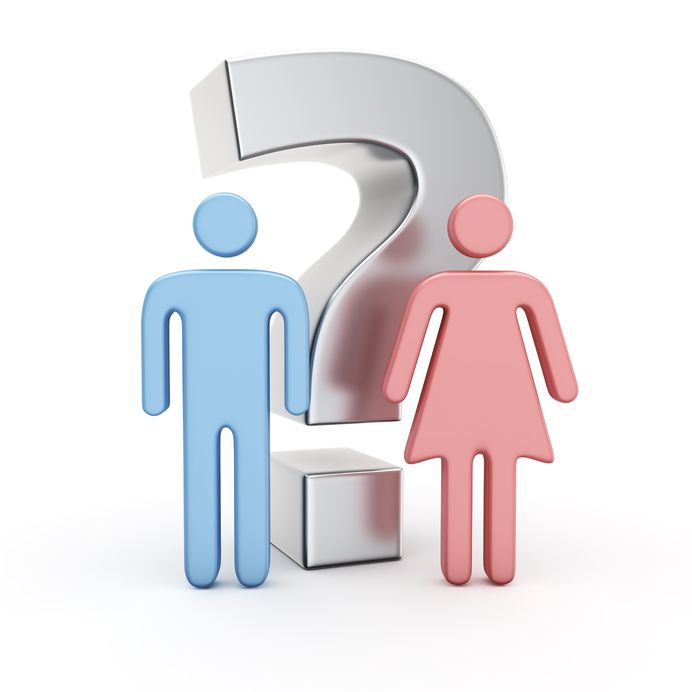More gaining courage to express their true selves
 NZ Herald 6 September 2015
NZ Herald 6 September 2015
Whitehead is among a small community that has for years lived in secret and fear, and fought for recognition. But the tide is beginning to turn. Keeping up with the Kardashians‘ star and former Olympic champion Bruce Jenner’s transformation into Caitlyn has been everywhere – the Vanity Fair magazine cover, the I am Cait television series and more. And in a world first, “gender diverse” will now be included as an option for those filling in forms for Statistics New Zealand. It is not without controversy, with claims “gender identity politics” are washing away rational science and the very nature of what makes a man and a woman. But for people like Whitehead the institutional swing is another small victory on the ladder to equality…
As a member of Agender New Zealand, the country’s only dedicated transgender advocacy group, she helps fight for trans people less fortunate than her.
… New Zealand’s transgender community was identified by the Human Rights Commission as one of the most vulnerable communities in the country after a 2008 inquiry. Human Rights Commissioner Richard Tankersley says the findings of the To Be Who I Am inquiry shed stark light on the experience of transgender Kiwis. “It revealed that this community had considerable difficulty in gaining access to health services, employment opportunities and housing,” he says. He points out that the only doctor in New Zealand who performed sex reassignment surgery has now retired. There are also often difficulties with access to hormone replacement drugs and many GPs are under-informed. Transgender people are also vulnerable at work. Many find it hard to gain employment or experience difficulties with co-workers and bosses. … Young trans people are at particular risk. Toni Duder from Rainbow Youth – an organisation that provides support for young trans and homosexuals – says that statistically, trans youth are more likely to suffer from mental health and addiction issues because of discrimination. “Gender diverse young people are over-represented in negative statistics such as mental health, addiction and suicide,” says Duder. “It’s important to understand these statistics are caused by the discrimination faced by these young people, and has nothing to do with their identities.” Duder says public acceptance would do much to negate the worst affects of discrimination. “We believe that the answer to turning around these issues is complex, but it begins with acceptance from the wider public and unlearning everyday assumptions and attitudes that can have a negative impact on these young people.”
The changes sit uncomfortably with some.
Family First leader Bob McCoskrie believes that gender identity is ideological, claiming that children are “being indoctrinated with the message that ‘gender refers to how you identify, someone can identify as male, female, in between or neither’.” He believes that “gender identity ideology is founded more on political ideology than in careful science and experience”. McCoskrie says Statistics New Zealand has been “captured by gender identity politics”, and that they should “deal as much as possible in measurable realities – not subjective standards with no measurement”. He also contends that the new classifications may be injudiciously used by people who are confused about their identity. “The guidelines allow for multiple answers. So this year I’m male. Next year I’m female. The following year I’m both. The following year I’m unsure.”
http://www.nzherald.co.nz/lifestyle/news/article.cfm?c_id=6&objectid=11508530






